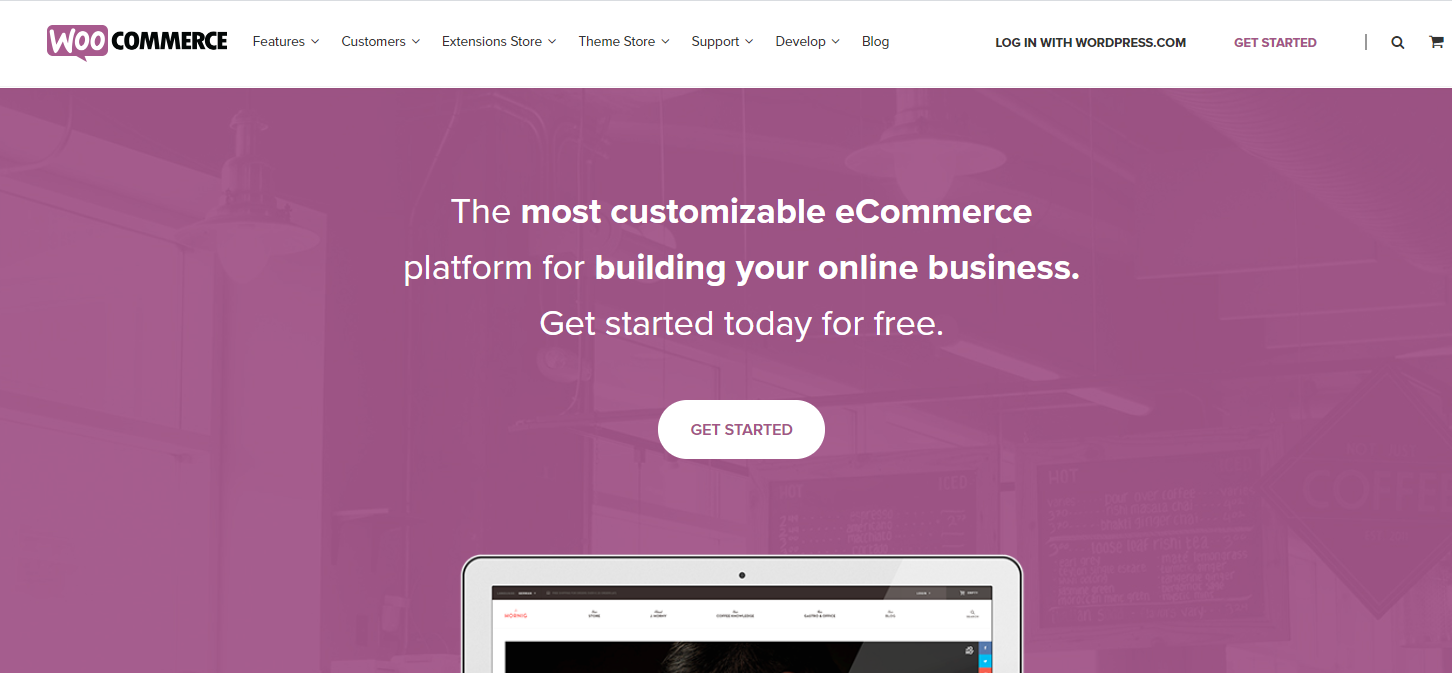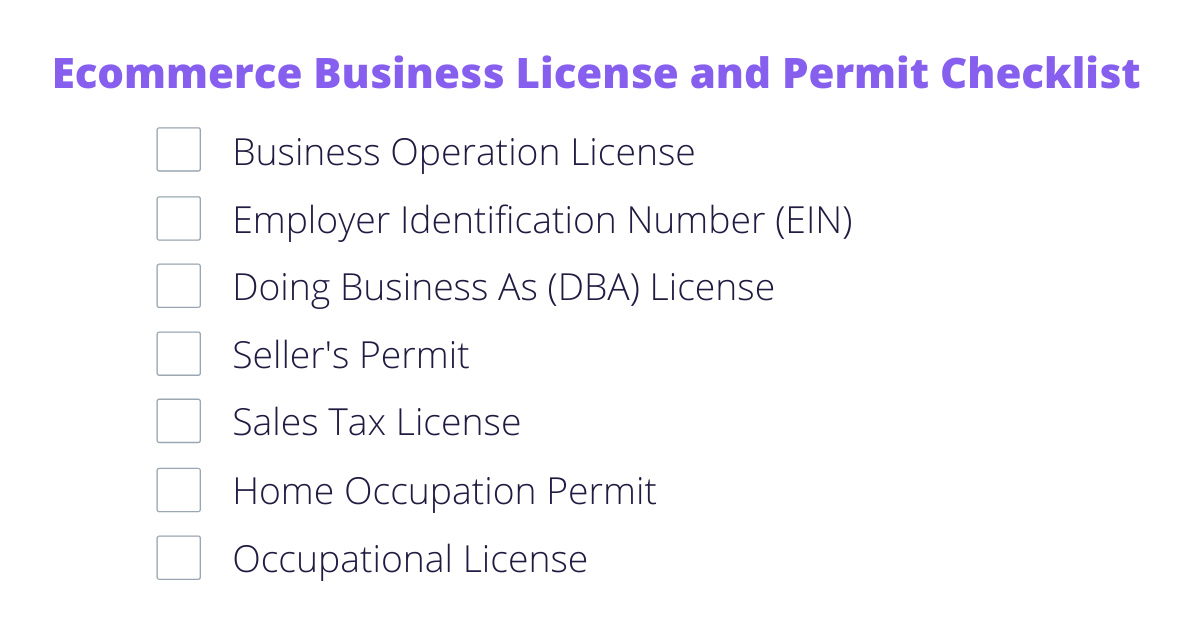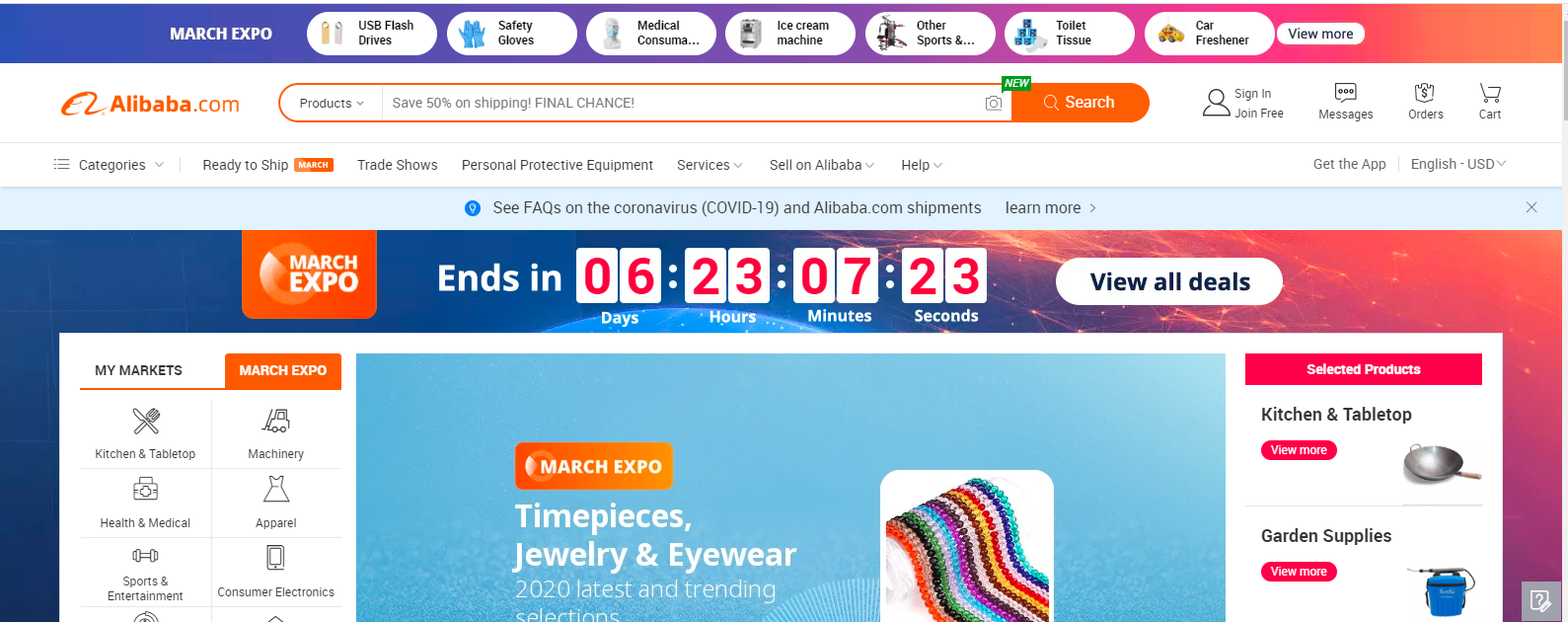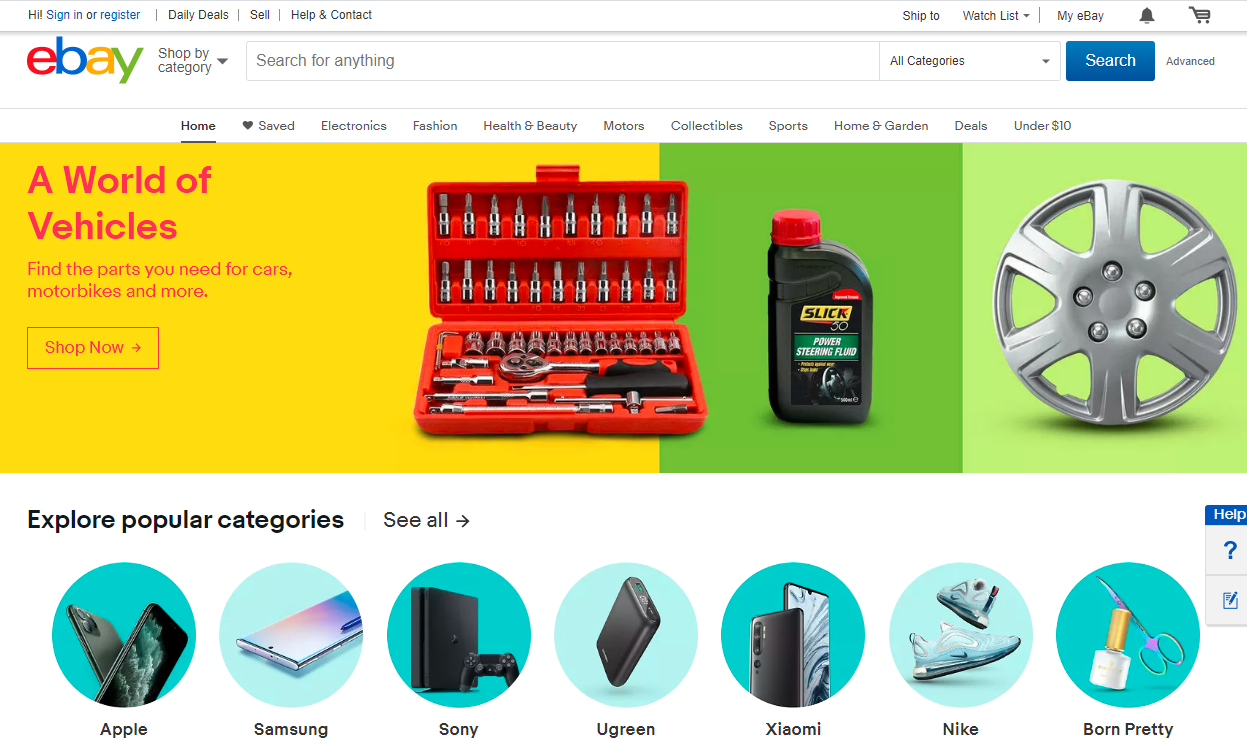4-Point Checklist on Building an Ecommerce Retail for Entrepreneurs
Ecommerce business is becoming more and more popular all over the world. In today’s world, with the development of modern technology, most people prefer online shopping because of its availability, convenient and low-price.
It is not easy for entrepreneurs to launch their online stores. In fact, many small business owners struggle with tons of ideas run through their mind and do not know exactly where to start. Don’t worry because this essential checklist would give you some important advice on building your ecommerce retail business.
#1. Business Plan
The very first thing you should do is think of your business plan and stick to it in order to run your online store successfully. The more well-prepared your plan is, the more successful your company would be.
Find your niche
Identifying your customer is rule number one for any ecommerce business owners. Some small online stores are fulfilled of thousands of products from different categories. They do not focus on any products, they have no idea about their potential customers and that may lead to their failure.
Remember that finding and understanding your target customer is a foundation for your successful. There are several steps for you to find your niche:
- Find the potential niche: With the development of modern technology, you can easily identify your market online. Do a lot of researches to know your customers’ interest and define whether it is an industry you want to participate in or not. To identify your niche, you can use some websites such as Google Trends, Reddit, Quora, Trend Hunter and networking sites like Instagram, Twitter.
- Research the competitors: Starting an ecommerce business means you need to compete with many other companies. You need to figure out your competitors’ benefits and drawbacks and think of the thing that make your business stand out.
After knowing what your niche is, let’s move to the next step.
Business structure:
Business structure plays an important role since it affects your legal and operational risk, tax and legal cost. You need to decide which structure suit your business best. There are a couple of common structures: a sole proprietorship, a partnership, LLC, or a corporation.

- Sole proprietorship: If you are looking for the simple way to run your business on your own, sole proprietorship is a suitable one for you. No official registration is needed for this type of structure. This is the easiest way for small business to run your company. In fact, many big companies started as sole proprietorships like Walmart, eBay, or Coca cola at the beginning.
- Partnership: If you want to cooperate with your friend or any other person, partnership is the easy way to do form your business. Parnerships involve at least two people run a business together. They will share the ownership, as well as profit and loss in the fair way. There are some commons of partnerships: General Partnership, Limited Partnership (LP), or Limited Liability Partnership (LLP). Warner Bros, Microsoft and Apple Inc are successful examples of partnership.
- LLC (Limited Liability Company): LLC is more difficult to form than sole proprietorship, but it may be considered as the best among these common structures. LLC is the combination of both sole proprietorship and partnership. LLC is suitable for people who want to pay lower tax rate without corporation. Some famous LLCs are: Blackberry, Sony and Nike.
- Corporation is by far the most complex structure. It is not the right choice for small business owners with low budgets but large company with many employees.
#2. Launch Your Online Store
After finishing the plan, let’s move to the next step: How to set up your online store? This is a very important step, so you may need to look through it slowly and carefully.
Register your domain name
Firstly, think of your business name. Many people do not take it as a serious step. However, a domain name not only define your brand but also help you attract more customers. There are several options that you can choose to create your domain name like using domain.com, GoDaddy, NameCheap or BlueHost.
Thinking of a short domain name is highly recommended as it is easy for anyone to remember. A couple of studies among popular sites have shown that the ideal length of domain name is eight characters.
Choose the suitable Ecommerce platform
An Ecommerce platform is an application that is used to manage all the products, categories, websites and operations of online business. It is easy for you to find multiple options in the market such as WordPress, Shopify or Woocommerce but a real challenge to choose the right one for your company.

Here are some tips that you may need when looking for the suitable platform:
- Mobile-friendly: In our modern age, people tend to use mobile phone for visiting websites more often and often. Thus, providing your customers with easy access may bring you a great opportunity to reach more customers.
- SEO-friendly: As an online store, of course it is essential for you to ensure that your ranks in high result.
- Customer service: It is much better to have a person who always willing to support you whenever you deal with a hard situation, right?
- Cost: Carefully compare the price of each platforms before making your decision. You also need to weigh the pros and cons of each and stick to your budget.
Apply for business licenses and permits
Whether you sell online or offline, you still need to apply for licenses and permits. Each state, each city has their own requirements that you need to know clearly before applying for licenses. To find out more about that, you can visit the SBA.
Below are some licenses and permits that may be required for Ecommerce business
- Business Operation License: This license is required in almost every city, state or country. You will have to pay a fee for this license.
- Employer Identification Number (EIN): Although EIN is not necessary, it is still recommended for your company to avoid tax problems later.
- Doing Business As (DBA) License:
- Seller’s Permit: A Seller’s Permit (or Seller’s License) is a mandatory license for any online retails
- Sales Tax License
- Home Occupation Permit: If you’re operating your business out of your home, you’ll need a Home Occupation Permit.
- Occupational License

Look for the right vendors
In order to compete with others ecommerce retails, you need to find a vendor with high quality products and best price. There are different types of vendors that you need to differentiate and choose the most suitable one for your business.
- Manufactures: Create products based on your idea
- Distributors (suppliers): move the product from manufacturer to market. There are thousands of suppliers that you can find in Alibaba, eBay, or Aliexpress. These wholesale marketplaces offer you a variety of products and distributors of different categories.
Alibaba Platform

Ebay Platform

- Import sources: Imported products from other countries
Where can you meet your vendors?
- Tradeshows
- Industry Groups
- Industry Magazine
#3. Marketing
Marketing, of course, is a must for any online stores. Having a good marketing campaign brings you the chance to sell more products and increase your profit. When it comes to marketing, social media and blog are the best places to build your brand’s awareness online.
In the past, many businesses used to hire a Marketing company in order to promote their brand. These days, together with the development of modern technology, a lot of free tools are invented to help you with your marketing processes. Here are some marketing strategies that you may find useful and suitable for approaching your potential customers.
SEO
This is a powerful strategy for any Ecommerce business. No matter what you sell, a good SEO strategy will help you bring more customers.
- Write unique descriptions for your products
- Find approachable keywords: You can use keyword tools like KWFinder to make it easier.
- Improve users’ experience
- Encourage customers to write reviews
You still find it difficult to deal with SEO? Do not worry because there are many tools that can help you with your SEO rank. For instance, in Neilpatel website, you can get a deep SEO analysis and advices simply by entering your URL. Moreover, you can even compare your business to other competitors using this website.

Email marketing
Email is not only known as the professional way for businesses to communicate with employees and customers but also the effective channel of digital marketing.
To start with email marketing, you need to build your email list. You can use opt-in methods in order to form your email list for your business. That is a simple and secure way to collect your target customer’s contact. There are two opt-in methods:
- Single opt-in method
- Double opt-in method
They are both easy to use but Double opt-in method is highly recommended because it includes the confirmation step to ensure that your customers really want to receive email or newsletter from you.
After having your own list, you can easily send them promotional emails, transactional emails and newsletter. You can also send them feedback forms, using surver or poll in order to know what they think about your product and service. Giving your customers a chance to raise their voices means giving yourself a bonus point in their eyes.
Social media
As you have known, social media is one of the most effective ways to reach your potential customers since people use social networking sites every day. However, not every sites are necessary. Try to choose wisely the suitable social media for your company. Here are some famous platforms worldwide:
- Twitter: A very popular channel for conversations and news
- Linkedin: The professional version of Facebook with 450 million users widely used by many companies
- Instagram: A famous visual social media
Carefully consider these tips in order to grow your online business through social media:
- Share the right content: Building your content is always the most important thing.
- Interact with followers: It is great if you can show your followers that you truly care about them. There are a couple of ways you can use to keep in touch with your followers: host live chats, join groups or reply comments.
- Hashtags: There is no doubt that using hashtags help people to discover your post quickly and easily.
- Be concise: People would love to read short post instead of the long one. Be short and concise and you can attract more people than you thought.
#4. Inventory Management
Now you are ready to run your online store. However, there is one more step to ensure that you can run your business successfully: check your stocking inventory carefully. As an Ecommerce store, it is important that you deliver your goods to customers on time. So, always make sure that you stock your inventories well.
Inventory can be a serious obstacle for business owners. Be careful with some common troubles you may get in when dealing with inventory: Understocking and Overstocking, Incorrect Inventory Levels and Lost Stock.
To avoid those problems, you can consider these techniques:
- Review past sales and forecast your demand
- Maintain the correct inventory quantity
- Use FIFO Method (First in First out method)
- ABC Analysis
- Safety stock inventory
- Audit your inventory regularly
- Centralize your inventory management
The Bottom Line:
Building ecommerce retail is a challenging task for any business. There are many other steps, but this online store startup checklist consists of the basic and essential steps of creating online stores for entrepreneurs and small business owners.
Our world is changing every day, but the basics checklist to build your ecommerce retails always remain the same. Keep calm, relax and stay organized. There is nothing to worry about when you know exactly what to do and where to start. If you still find it difficult to start your online stores, an online presence manager will support you to kick off the business.









